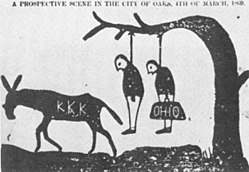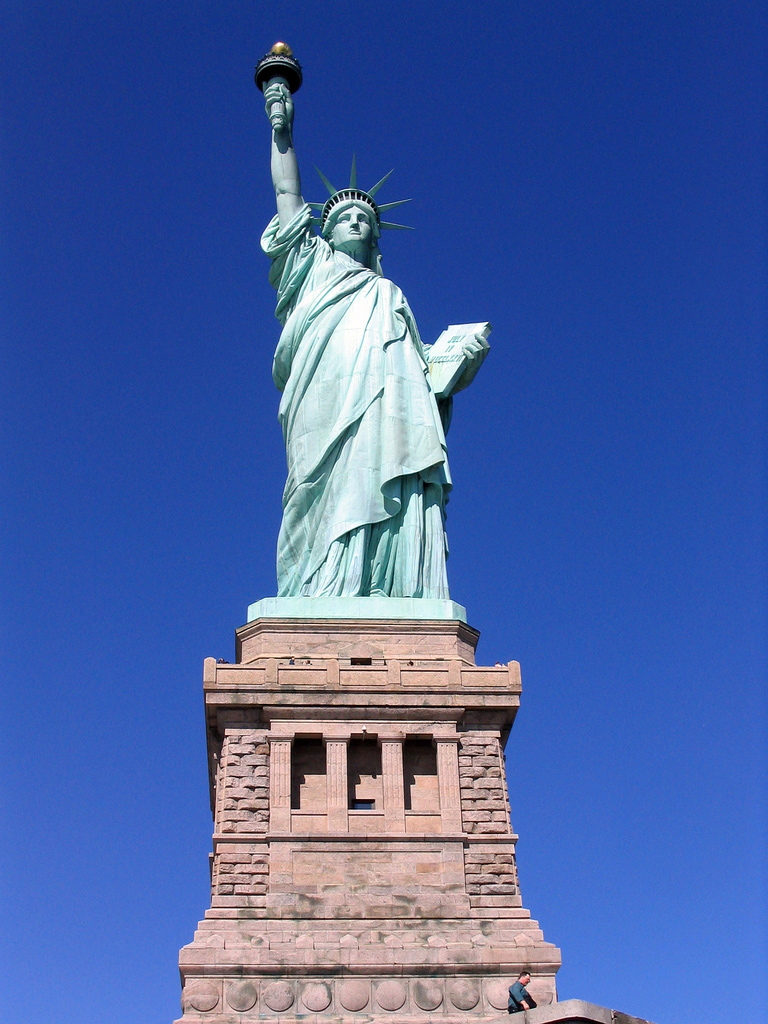
It is evident in both Claude McKay’s works and Pauline Hopkins’ story that even after the civil war blacks still weren’t treated as equal. Both of these authors seem very outspoken and almost fed up with everything that is happening.
In Hopkins’ story “As the Lord Lives, He is One of Our Mother’s Children”, people mistake a man for a murderer, and only after his execution did they figure out the truth. I think that overall this had a message of “don’t judge a book by its cover”, especially blacks. Hopkins was trying to convey that just because a person is black does not mean they are automatically and evil person and a murderer.
Out of McKay’s poems, I feel that “Outcast” and “The Lynching” were the most emotional. It seems that these to poems seem to convey a message of sadness that he can’t ever be equal with white and especially in “The Lynching”; he says that they will never learn from the errors. “And little Lads, lynchers that were to be, / Danced around the dreadful thing in fiendish glee.” It’s almost too horrific to read. That fact that little boys would be laughing and dancing around a lynched dead man just makes me sick. If I had children and they started doing that, I’d spank them so hard their butts would fall off. “Outcast” also pulls at your heart a bit, because no one wants to feel like his or her different from everyone else and almost everyone can relate to that poem in some way. The most gut wrenching part of the poem is the last two lines, “For I was born, far from my native clime, / Under the white man’s menace, out of time.” These two lines are both sad and interesting, because it gives you a kind of glimpse into what life was like for slaves and how they felt about it.


